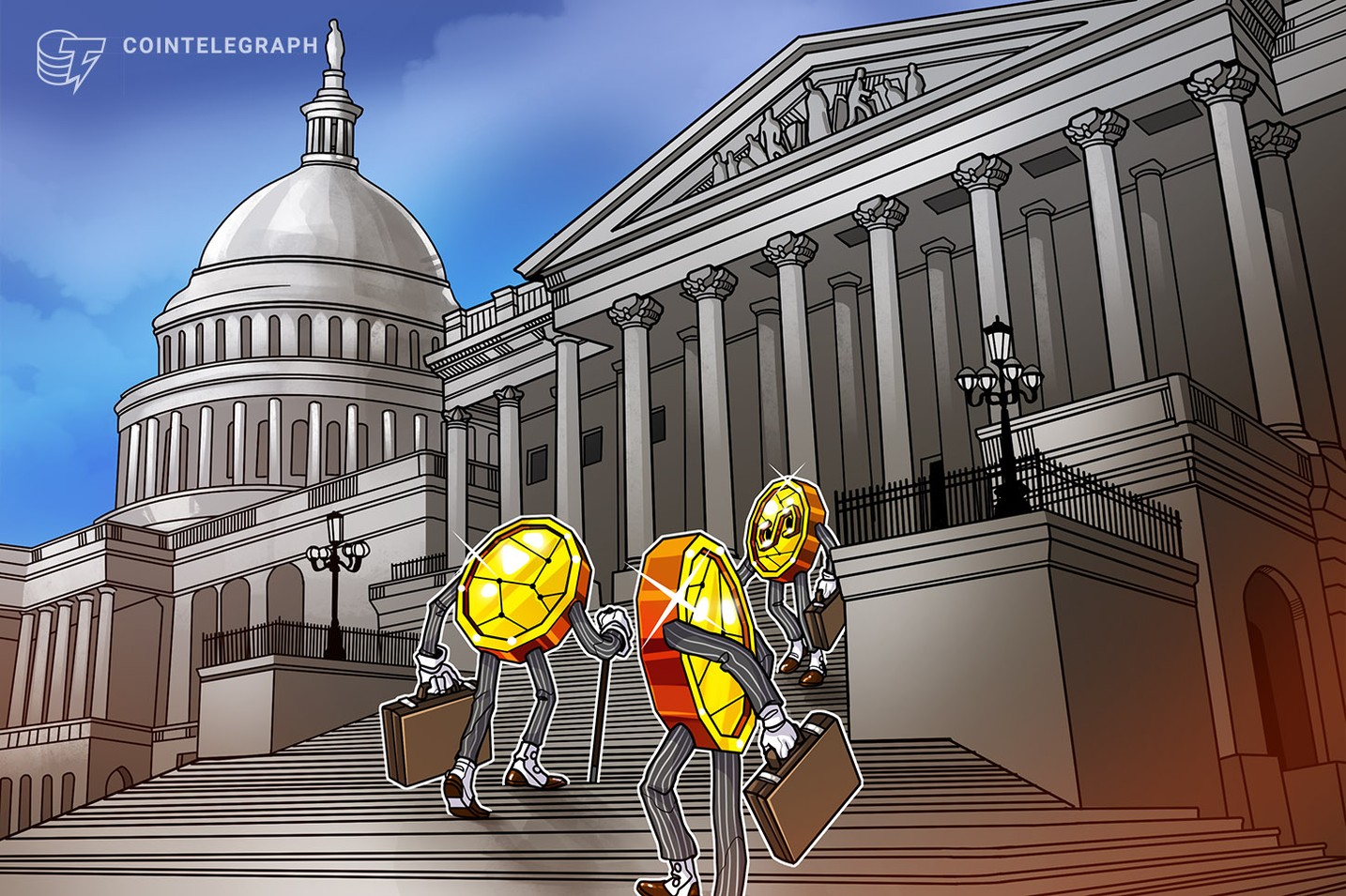US Senate to vote on amended stablecoin bill on June 17
Though concerns about the Trump family’s connections to World Liberty Financial’s stablecoin shadowed debate on the GENIUS Act, the bill is closer to passing the Senate.

Lawmakers in the US Senate are scheduled to consider a vote on the Guiding and Establishing National Innovation for US Stablecoins, or GENIUS Act, after a majority chose to invoke cloture for the bill.
According to a Thursday notice from Senate Democrats, the full chamber will vote on the GENIUS Act on Tuesday, June 17.
The floor vote will follow senators proposing a variety of amendments to the bill, including one to address elected officials and their families potentially profiting through connections to the crypto industry.
“The Senate will vote on passage of the bill, as amended, at a time to be determined by the Majority Leader in consultation with the Democratic Leader on Tuesday, June 17th,” said Senate Democrats, referring to Majority Leader John Thune and Minority Leader Chuck Schumer.
If passed as amended, the GENIUS Act could provide a legal and regulatory framework for stablecoins in the US. Though not signed into law as of Friday, debate over regulating payment stablecoins comes as many companies are reportedly considering issuing their own tokens.
Related: Walmart, Amazon consider issuing own stablecoins: WSJ
Senate lawmakers invoked cloture on the bill on Wednesday in a 68-30 vote, suggesting there may be support from some Democrats in a floor vote. However, Missouri Senator Josh Hawley reportedly will vote against the amended bill, claiming it was a “huge giveaway to Big Tech.”
Stablecoins in the Senate, market structure in the House
As the stablecoin debate continues in one chamber, lawmakers in the US House of Representatives are considering a bill to establish clear roles for the Securities and Exchange Commission (SEC) and Commodity Futures Trading Commission (CFTC) over digital assets.
On Tuesday, two House committees voted to advance the bill, the Digital Asset Market Clarity (CLARITY) Act, setting the legislation up for a floor vote.
With Republicans holding a slim majority in both the House and Senate, it’s unclear whether either bill will have enough bipartisan support to pass and end up on the president’s desk to be signed into law or vetoed.
Magazine: Crypto wanted to overthrow banks, now it’s becoming them in stablecoin fight









